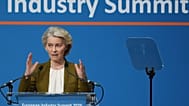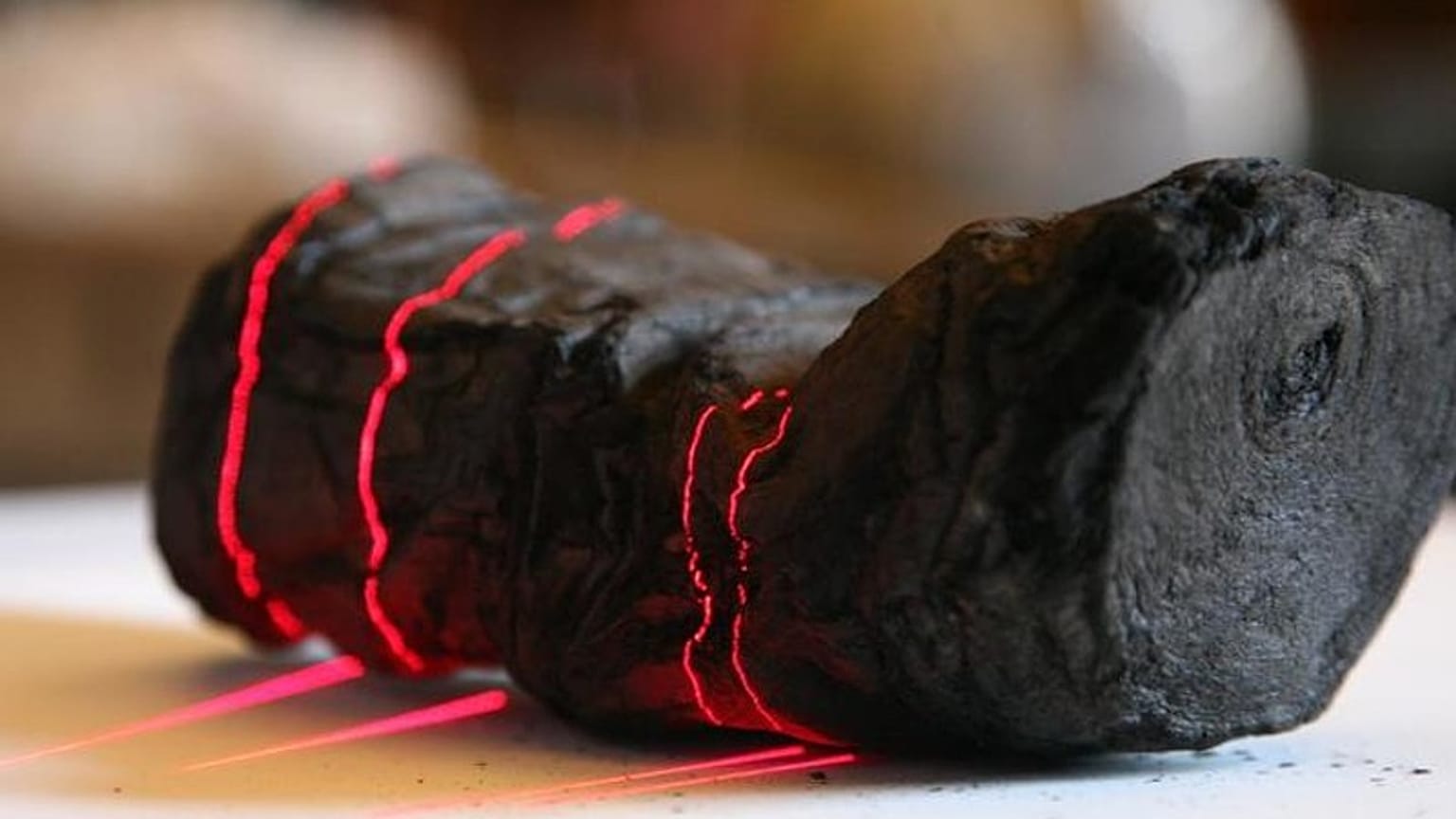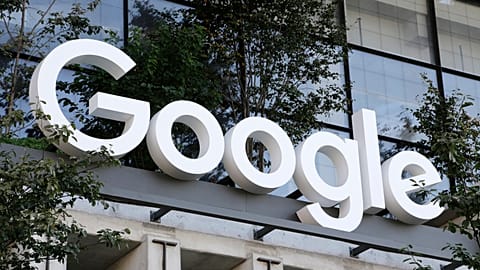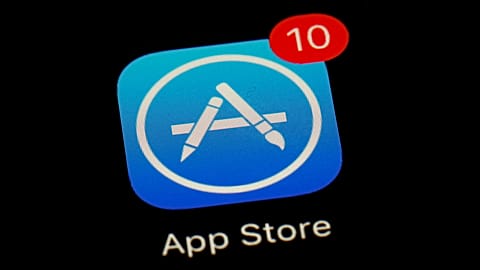Mount Vesuvius eruption nearly 2,000 years ago caused many papyrus scrolls to be unreadable due to the heat and ash that destroyed Pompeii.
Tech titan Elon Musk has said he will provide financial support to a project that uses artificial intelligence (AI) to decode ancient scrolls that have been unreadable for centuries.
 ADVERTISEMENT
ADVERTISEMENT
 ADVERTISEMENT
ADVERTISEMENT
The project, called the Vesuvius Challenge, is a competition to read ancient scrolls launched in 2023 by Brent Seales, a computer scientist at the University of Kentucky and Silicon Valley backers.
A team of three computer-savvy students, Youssef Nader in Germany, Luke Farritor in the US, and Julian Schilliger in Switzerland, won the $700,000 (€649,000) prize on Monday after using AI to read the hidden text of charred scrolls that were buried when Mount Vesuvius erupted nearly 2,000 years ago.
More than 1,000 scrolls were recovered in the 18th century from a mansion, thought to be owned by Julius Caesar’s father-in-law.
But the volcano’s eruption in Pompeii in AD 79 meant a lot of the black ink was unreadable and the scrolls would crumble when opened.
But thanks to AI, the Herculaneum Papyri, a set of ancient papyrus scrolls charred by the eruption of Mount Vesuvius, could be virtually unwrapped and train the AI algorithms to detect the presence of ink.
In reaction, the billionaire Elon Musk said on his social media platform X, formerly Twitter, that he intends to support the project through his charitable organisation, the Musk Foundation.
According to Bloomberg, Musk’s foundation will provide funding for the next phase of the project, although the exact amount of Musk’s contribution is yet to be determined.
“Whatever amount is useful,” Musk stated. “I’m in favour of civilisational enlightenment.”
The next phase of the project is to enable the team to read entire scrolls. It is estimated to cost around $2 million and all the Herculaneum Papyri could cost $10 million, according to Nat Friedman, a US tech executive and founding sponsor of the challenge.
“I was shocked and thrilled to see Elon tweet his support of the next stages of the Vesuvius Challenge, and we welcome any contribution he will make!” Friedman told Bloomberg.
"All donations are extremely helpful. We're in touch with Elon's team and working out the details of their support".

















